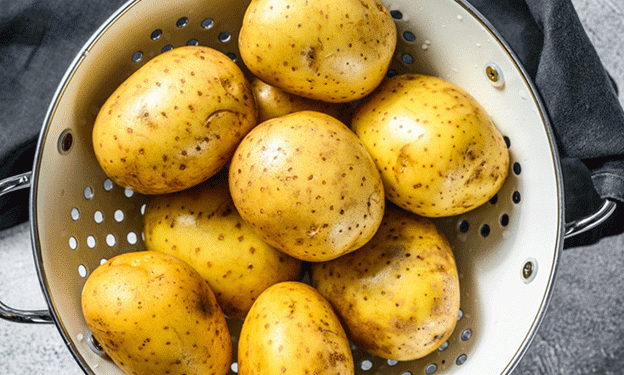Potatoes: A Surprising Ally in Blood Sugar Management
Potatoes, a versatile and widely consumed staple, are sometimes avoided due to concerns about their glycemic index (GI). However, emerging research highlights that the preparation method significantly affects their impact on blood sugar. A simple tweak—baking potatoes with their skin—can make them a healthier alternative to white rice, which is a staple in many diets worldwide.
Glycemic Index and Potato Preparation
The GI measures how quickly a food raises blood sugar levels. According to joint research by the Rural Development Administration and Kyung Hee University in South Korea:
- Boiled Potatoes: GI of 93.6
- Baked Potatoes (with skin): GI of 78.2
- French Fries: GI of 41.5
- Potato Pancakes: GI of 28
While lower-GI foods like fries and potato pancakes may seem appealing, their high-fat content can pose risks such as cardiovascular diseases. For a balanced option, baked potatoes emerge as the optimal choice, offering a moderate GI without excessive fats.
The Benefits of Baking Potatoes with Skin
The potato skin acts as a barrier, slowing the conversion of carbohydrates into glucose, which helps maintain steadier blood sugar levels. This is comparable to the way whole grains are digested more slowly than refined grains.
Research by the University of Nevada, Las Vegas, studied 24 participants with diabetes over 12 weeks. Half consumed baked potatoes with their skin, while the other half ate white rice with equivalent calories and carbohydrates. Results showed that the potato group experienced reductions in fasting blood sugar levels and waist circumference, highlighting its benefits in glycemic control.
Nutritional Advantages
Potato skins are rich in dietary fiber, vitamin B6, folate, and potassium, contributing to overall health. However, pairing potatoes with other foods can enhance their nutritional value. For instance:
- Protein Boost: Pairing with grilled chicken addresses the low protein content in potatoes.
- Fiber Addition: Adding a fresh salad increases fiber and micronutrient intake.
Portion Control is Key
Despite their benefits, moderation is essential. A single serving—about the size of three eggs—provides a balanced intake without excessive caloric load.
Potatoes, when prepared and consumed mindfully, can be a healthier alternative to white rice, particularly for those monitoring their blood sugar levels. Baking them with their skin retains nutrients, moderates glycemic impact, and supports weight management. By incorporating portion control and balanced pairings, potatoes can become a staple in a nutritious and diabetes-friendly diet.





